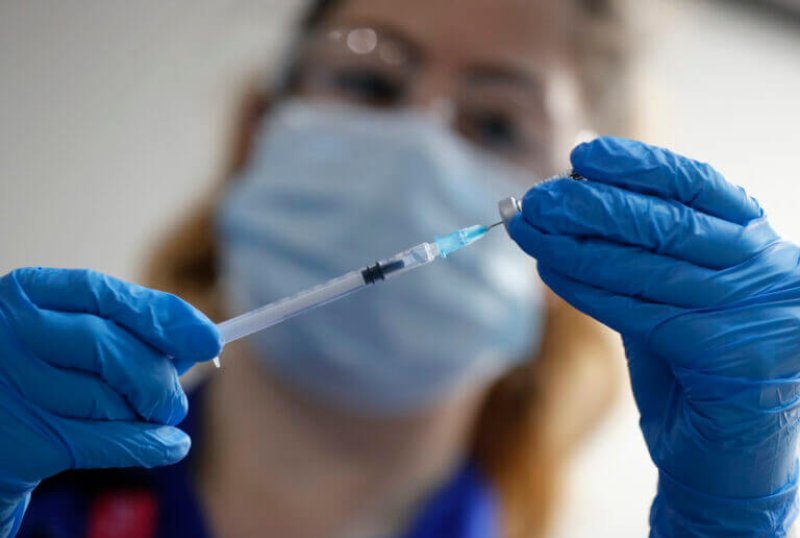The same is true of COVID. There is a probability you will get ill with a mild or moderate illness and a probability you will have a severe disease requiring hospitalization or death. The probability of being hospitalized is about 0.3 percent or about 3 people in every 1,000. If you are over 65, this rate jumps to about 30 in 1,000. Death rates are at an average of about 1 in 1,000, going up to 1.5 per 1,000 for people over 65. For much older people, the rates are higher. These are the statistics that matter
If you have been exposed to COVID, and did not get sick, that’s a good thing. Worrying about the total number of cases is misguided.
Every day you are exposed to hazards in your life. Pathogens, the little bacteria, viruses and other microorganisms that may cause illness are in your food, water, air, soil and everything you touch. Everything. You are also exposed to possible car accidents, falling in your shower or being assaulted. The probability, every single day, that you will be exposed to a hazard is 100 percent. We don’t worry about the dog that didn’t bark, i.e., the sickness you didn’t get, we worry about the dog that did bark, the sickness or death that you did get.
Now for the symmetry. If you get the vaccine and it doesn’t make you sick, not just a mild illness but a severe reaction, that’s a good thing. The fraction of people who have severe allergic reactions to the COVID vaccines seems to be about 1 in a million or about 1,000 times less than getting severely sick or dying from the virus.
For the vast majority of people, getting the vaccine makes sense. What doesn’t make sense is to worry about how many people are getting exposed to COVID, i.e., the cases. If the vast majority of people are exposed but don’t get sick, that’s good. It is the rates of hospitalizations, chronic conditions or death that we should worry about – either with COVID-19 or vaccines.
Richard A. Williams, PhD, is an economist and author. He’s the chairman of the board for the Center for Truth in Science and on the advisory board to the Institute for the Advancement of Food and Nutrition Sciences. He served as the Chief Social Scientist at the FDA’s Center for Food Safety and Applied Nutrition for 27 years. Visit his website and follow him on LinkedIn
A version of this article was originally posted at LinkedIn and has been reposted here with permission. LinkedIn can be found on Twitter @LinkedIn































